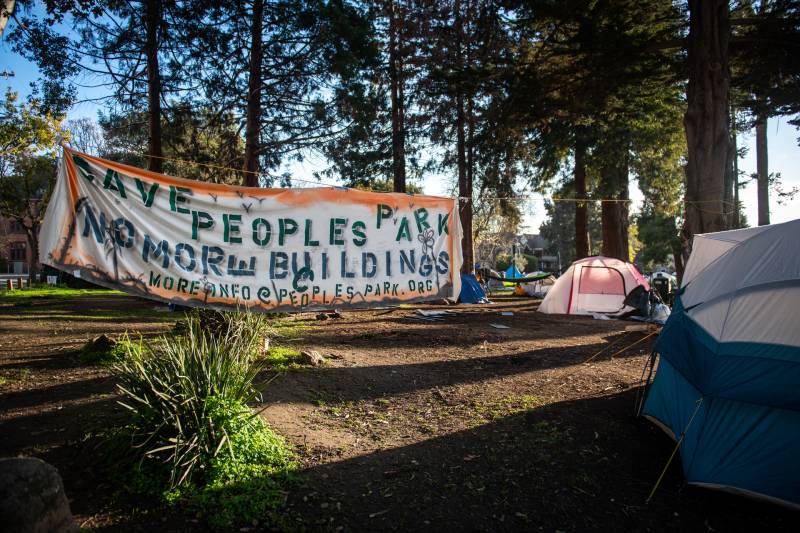Here are the morning’s top stories on Friday, June 7, 2024…
- The California Supreme Court has ruled that UC Berkeley can start construction on student and supportive housing in People’s Park — and also gave the green light to a much larger campus expansion project. Opponents have argued the university should have studied alternative sites for construction and considered the amount of noise that students living in that new housing would generate.
- Sacramento County’s homeless population dropped 29% compared with two years ago. That’s according to the 2024 Point In Time Count. It’s one of the largest reductions in homelessness statewide.
- California has funded over 4 million tax-free savings accounts for students to pay for college, but many families don’t seem to know the money’s there. The California Kids Investment and Development Savings Program launched in 2022, but as of early May, families have claimed just over 313,000 of the accounts.
UC Berkeley Can Start Building On People’s Park, California Supreme Court Rules
Capping a decades-long battle over the fate of People’s Park, the California Supreme Court ruled Thursday that UC Berkeley can start constructing a student dormitory and supportive housing facility on the property.
The case stemmed from a 2021 lawsuit against UC Berkeley’s Long Range Development Plan, which aims to add nearly 12,000 new student beds and 8 million square feet of new classrooms, research labs, libraries and other amenities.
Neighborhood groups, Make UC A Good Neighbor and the People’s Park Historic District Advocacy Group, brought the initial lawsuit, arguing that the park should be protected as a historic landmark.
The groups also sought to make a novel case under state environmental law, arguing that noise generated by the future student residents would be a form of pollution, requiring UC Berkeley to study the impacts on neighbors. Although noise is considered pollution under the California Environmental Quality Act (CEQA), it had previously been used exclusively in arguments against concert venues or industrial sites.
Sacramento County’s Unhoused Population Drops 29%, Bucking Recent Trends
Rows of RVs, tent encampments and other make-shift homes still line Sacramento County’s streets and sidewalks, as they have for years. But progress on the region’s homelessness crisis is underway, according to a closely-watched report released on Wednesday.
